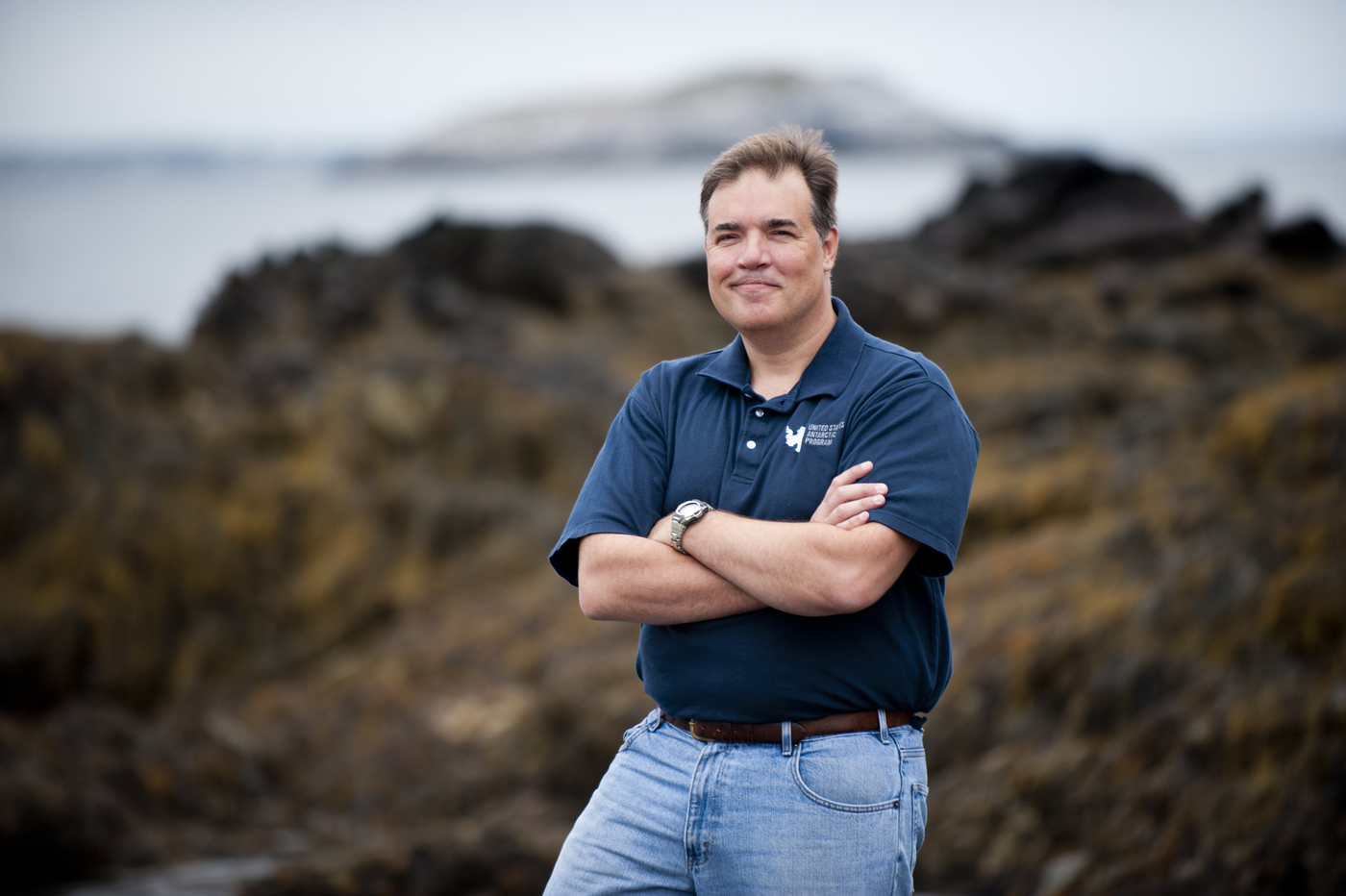Professor to speak at UN General Assembly on climate change, sustainable development

Northeastern University professor and climate change biologist Brian Helmuth will speak Thursday afternoon at a high-level meeting at the United Nations headquarters, where he will highlight his research and participate in a discussion on efforts worldwide to address climate change and meet global sustainable development goals.
The meeting will convene representatives from government, international organizations, industry, and academia to discuss climate change action and other initiatives aimed at addressing the U.N.’s 2030 Agenda for Sustainable Development. The meeting is part of a comprehensive effort to strengthen momentum around the implementation of the U.N.’s sustainable development goals and convene experts who are advancing solutions to global sustainable development and climate change agreements.
The president of the U.N. General Assembly, Peter Thompson, invited Helmuth to speak at the event, titled “Climate Change and the Sustainable Development Agenda,” in New York City. Helmuth will offer remarks during a session that explores opportunities to enhance global attention to and support of climate action and the sustainable development goals—particularly as they relate to pressing 2020 targets that are part of the larger 2030 agenda.

Northeastern professor Brian Helmuth, a climate change biologist, is seen outside the university’s Marine Science Center in Nahant, Massachusetts. Photo by Brooks Canaday/Northeastern University
Helmuth holds joint appointments in Northeastern’s Department of Marine and Environmental Sciences and School of Public Policy and Urban Affairs. His research explores the effects of climate and climate change on the physiology and ecology of marine organisms.
Helmuth has emphasized an international approach in his work, having collaborated with researchers in Iraq to rebuild salt marshes there and with researchers in China to protect biodiversity there, among other projects. These collaborations have focused on studying the impacts of climate change on aquatic animals and launching cutting-edge research. In the U.S., his lab’s research using ecological forecasting has shown that geographic patterns of environmental stress in response to climate change are far more complex than previously assumed, suggesting we may be underestimating risks of climate change on coastal ecosystems.





